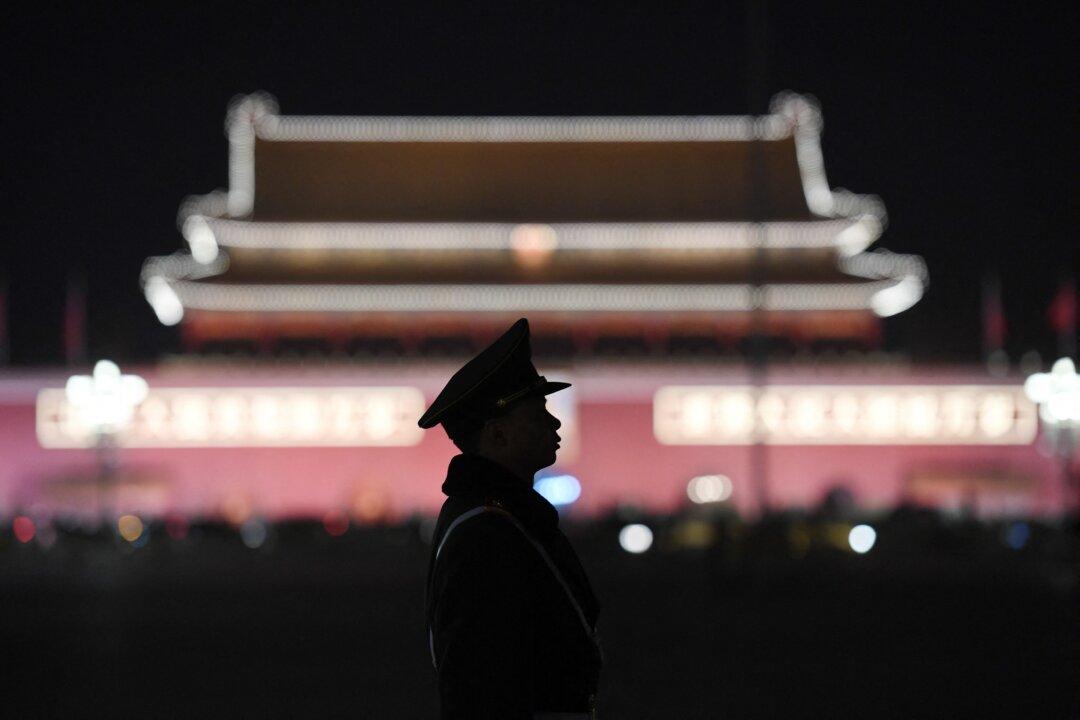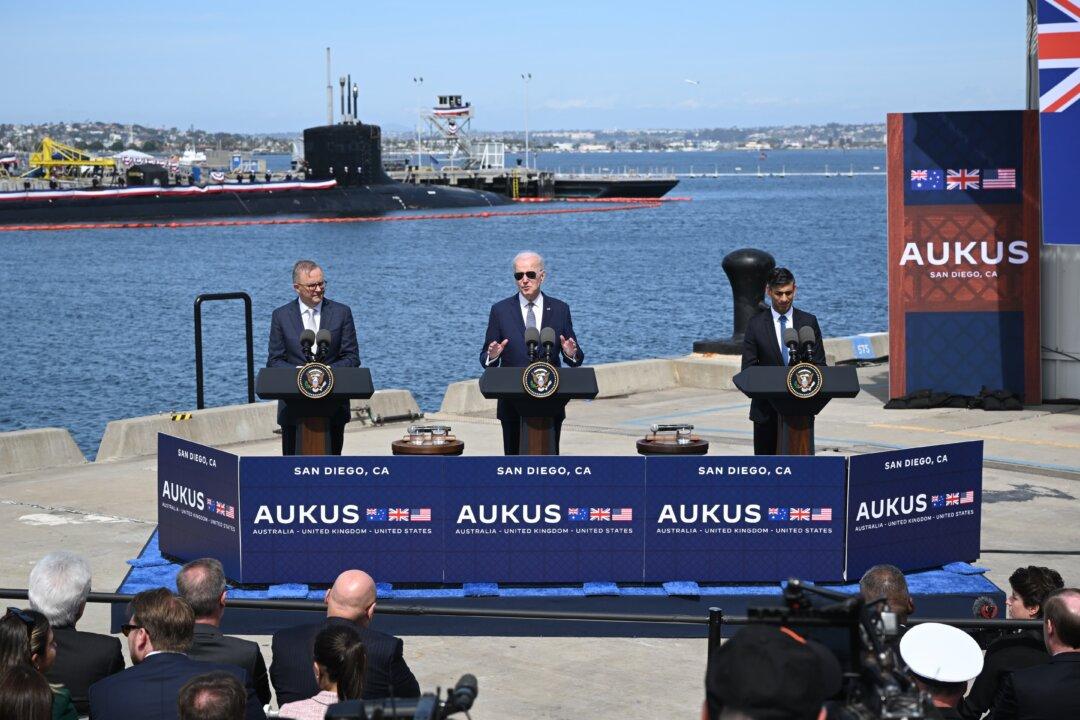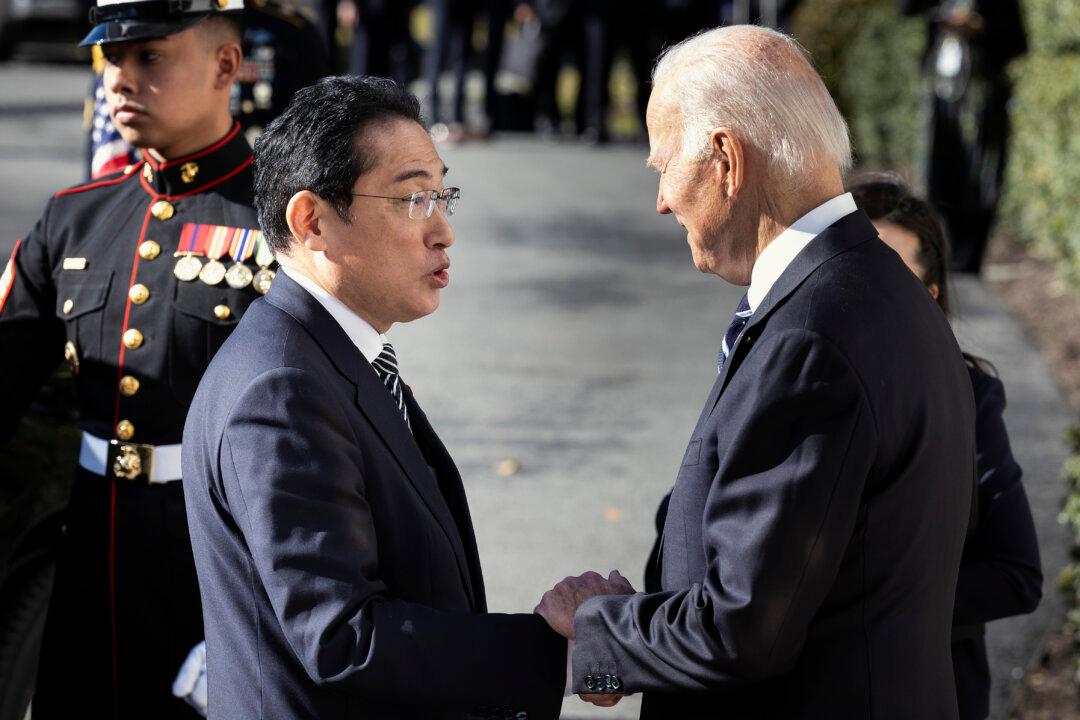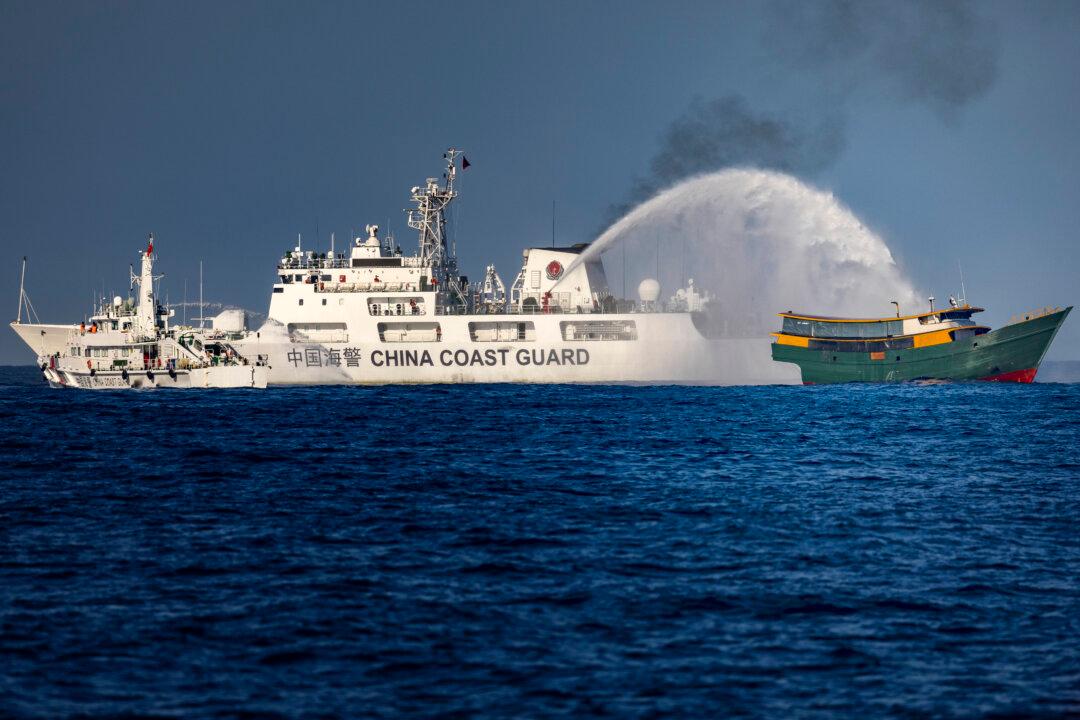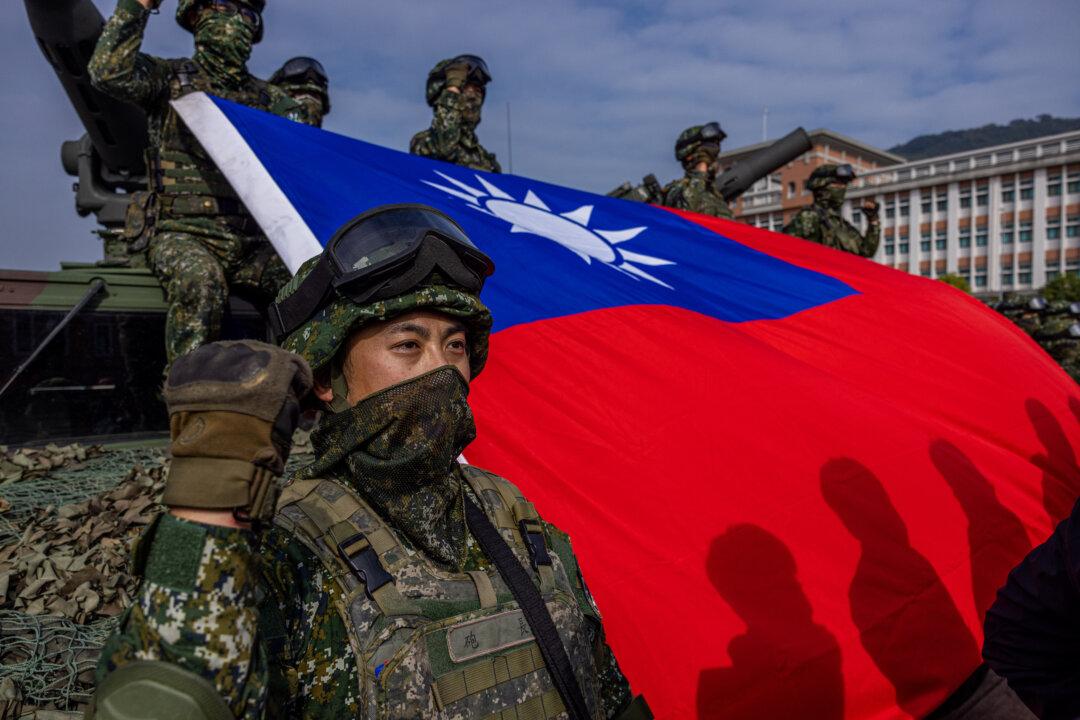A foreign reporter (back when the expression meant something) once gave me some good advice: “Look where everyone else isn’t looking.”
A Japanese general offered similarly good advice: “Look at the whole map.”
These are worth remembering when watching current events in the Middle East.
Today’s focus is on the Israel–Hamas war that may easily expand.
Ukraine is no longer the center of attention, but it hasn’t gone away.
These two fights are plenty for a superpower, the United States, to handle, even if it isn’t directly involved in the fighting—yet.
But trouble can easily brew up elsewhere on short notice, with the Indo-Pacific being the prime candidate.
US Military Overstretched
The U.S. military hasn’t forgotten about the Indo-Pacific, and it’s on the scene, but it can handle only so many wars at one time.In fact, it probably hasn’t been able to fight two major wars at the same time (as it’s required to) for a few decades now.
Ukraine was already enough of a distraction and drain on resources. Now, add in an Israel–Hamas fight that might expand to include Hezbollah and Iran. This drains off finite U.S. military resources and attention that are already dangerously overstretched.
There has been plenty of talk about beefing up military forces in the Asia-Pacific since 2011, when the Obama administration announced the “Pivot to Asia.” But this has never quite happened, or at least not on the scale imagined or needed.
Indeed, there’s something about Europe, the Middle East, or just about anywhere that isn’t the Indo-Pacific that attracts—and distracts—U.S. policymakers and the U.S. military.
So now that the Middle East has heated up again (on top of Ukraine), it'll be much harder to bolster U.S. forces in the Asia-Pacific. And if U.S. forces get directly involved in the Middle East fighting, the Indo-Pacific theater will get an even shorter shrift when it comes to hardware, manpower, and even brainpower.
But can’t allies such as Japan, Australia, and South Korea make up the difference? In theory, yes. In practice, it isn’t even close.
The Political Angle
There’s also a political angle to all of this. The Biden administration (or any administration) can focus on only so many problems—and Taiwan might be a lesser priority.For one thing, in the United States, there’s more actual and latent support for Israel than there is for Taiwan. Taiwan doesn’t have as much of a political constituency (think votes and funding).
And far more Americans at least know of Israel and have a sense that it’s important despite the emergence of an anti-semitism constituency in the United States and in Congress.
Few Americans know much of Taiwan. It takes a lot of effort and political will for an administration to sell the idea of risking nuclear war for Taiwan.
China Watches
Communist China is presumably sizing up the U.S. response to the Israel–Hamas war in order to gauge a likely U.S. response to an assault or serious pressure on Taiwan.The jury is still out, although for now, the Biden administration is mostly backing Israel. However, there are indications that it wants Israel to pull its punches. And now that Israeli forces have gone into Gaza, wait a couple of weeks and see if Team Biden tells the Israelis that they’ve “defended themselves enough” and it’s time for a ceasefire or so-called humanitarian pauses to let Hamas catch its breath.

If so, Chinese leader Xi Jinping will take note.
Unfortunately, Mr. Xi will also note the Biden administration’s initial reaction to the Hamas massacres on Oct. 7. It was ambiguous and seemed to consider Hamas and Israel as equally at fault.
Applied to a Taiwan scenario, one imagines the State Department issuing a tweet hours after the People’s Liberation Army hammers Taiwan: “Taiwan, don’t respond—violence solves nothing.”
If Beijing reckons an attack on Taiwan will result in some tut-tutting and faux outrage and then a move to double down on diplomacy, well, that’ll be fine. And if it has to wait a couple of weeks as Washington makes a show of trying to aid Taiwan before letting it go, that will be fine, too.
Beijing also must be considering what happened before the Hamas attacks.
Specifically, I’m talking about the Biden administration’s dealings with Iran—relaxing sanctions and handing over $6 billion. All in all, just a continuation of the Obama administration’s efforts to appease, if not strengthen, the Iranian regime.
Beijing might fairly think, “If you‘ll fall over yourself to placate the Iranians after what they’ve done to you and your interests for decades, well, the sky’s the limit in what you’ll do for us after we take Taiwan.”
Team Biden was keen to see nothing—and still is—insisting that there’s no direct evidence of Iranian involvement in Hamas’s attacks. The U.S. Intelligence Community appears to be in the bag as well—unable to reach a conclusion on Iran and Hamas—despite an $80 billion a year budget and Hamas publicly thanking Iran for its help.
Add in the Biden administration’s tepid, if not timid, response to Iranian proxies’ ongoing attacks on U.S. forces in Syria and Iraq, and Beijing has even further reason to doubt U.S. resolve.
And the penalties for Chinese support for Iran in the form of oil purchases and all-out political support? None. Indeed, the Biden administration and the Pentagon are falling over themselves to engage with China and “stabilize” relations.
There are other places on the map where China’s friends just have to make threatening moves that will stretch the Americans even thinner and make focus on Taiwan even harder.
The United States is now paying for the “peace dividend” and “the end of history”—and the idea that it would never face a serious enemy again.
And the other free nations erred in counting on the United States to take care of things.
Tokyo, Seoul, Taipei, Canberra, Ottawa, Wellington, and every country in Europe ... I’m talking to you.
Are things that bad?
An experienced gentleman involved in U.S. government defense matters since the 1960s told me the other day: “Looking at the thing objectively from Beijing’s point of view, they have to see us in near-total disarray, the ‘Taiwans’ asleep and Tokyo dithers as always. The Phils [the Filipinos], of all people, seem to be agitated against them [China], and the ROKs [South Koreans] are awake, but in the scheme of things, they would die valiantly, but they would die. I cannot imagine, under the circumstances, that the ’If not now, when?' voices aren’t gathering volume over there [in Beijing].”
